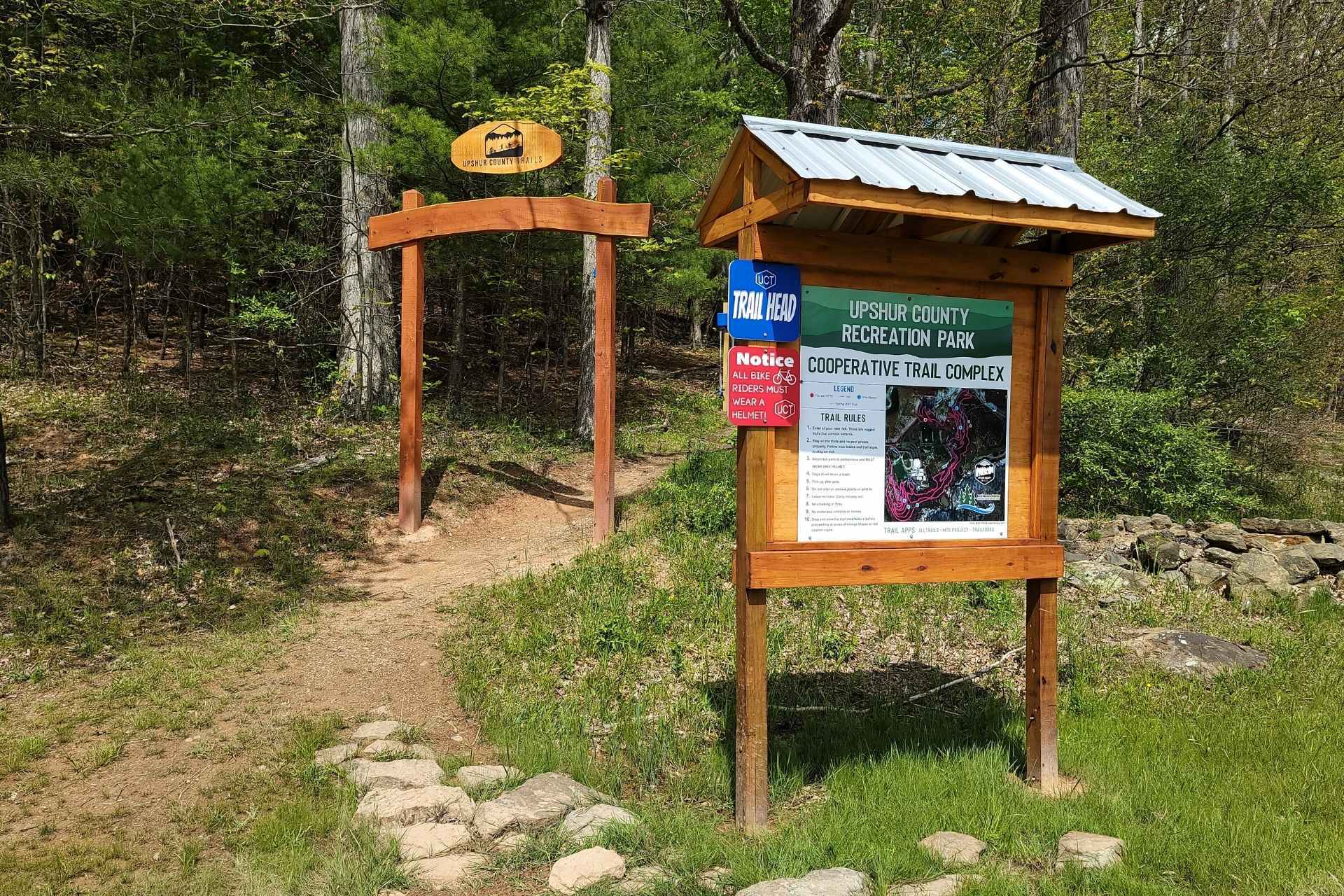CHARLESTON, W.Va. – The House of Delegates this past week advanced legislation to help rejuvenate the state’s coal industry, repair pockmarked secondary roads, and improve salaries for members of the State Police, teachers and school service personnel.
The House Finance Committee on Friday originated two bills designed to help provide relief for and inspire investment in the state’s coal industry.
“Southern West Virginia is still hurting from the lingering effects of the Obama ‘War on Coal,’” said Delegate Zack Maynard, R-Lincoln, a member of the Finance Committee. “While President Trump has been a godsend, particularly for the metallurgical coal industry, steam coal producers are still struggling to get back on their feet.
“These bills will be a shot in the arm for Southern West Virginia and help us accomplish our President’s goal of putting our miners back to work,” Maynard said.
House Bill 3142 would reduce the severance tax on steam coal – the form that is used in power generation – from 5 to 3 percent. House Bill 3144 would provide a tax rebate on new machinery and equipment purchases and capital investment in coal production operations.
In addition to making steam coal mined in West Virginia competitive with coal mined from other states, the severance tax cut will have an added benefit for power customers, as the tax cut savings will be passed on to power generators, and from them to electricity consumers.
The second bill will provide a rebate of 35 percent of the cost of any new machinery and equipment purchased for mining activity.
Both tax changes are structured so they won’t affect the portion of severance taxes distributed to counties and municipalities, only the portion that goes directly to state coffers.
“These bills will help our coal companies hire more workers, expand their operations and compete with producers from other states,” said Finance Committee Vice-Chairman Vernon Criss, R-Wood. “This will lead to more jobs, higher incomes and provide a needed boost to our state’s economy.”
Both bills now head to the full House of Delegates for consideration.
***
Meanwhile, the House Committee on Government Organization on Friday approved House Bill 2011, which creates the “Enhanced Road Maintenance Program” to improve road conditions across the state.
This bill requires the state’s Division of Highways districts to come up with detailed maintenance plans for the roads in their districts by Dec. 1. If the districts are unable to complete 90 percent of those plans in a given year on their own, the bill requires them to hire private contractors to perform this work.
“While voters approved the road bond last year to fund major road and bridge projects, the number one complaint we continue to hear from our constituents is the poor maintenance of our existing roads – particularly the secondary and tertiary roads,” said Majority Leader Amy Summers, R-Taylor, the bill’s lead sponsor.
“This bill will increase accountability at the DOH, while also allowing it to contract outside help to complete the work that they’re unable to get to,” Summers said. “This will allow DOH workers to focus on major tasks, while also ensuring the regular needed maintenance is accomplished.”
The bill now heads to the House floor for further consideration.
***
Also on Friday, the House of Delegates approved House Bill 2730, which provides an average 5-percent pay raise to State Police, teachers and school service workers.
Under the bill, State Police officers will receive a $2,370 salary increase, teachers will receive $2,120, and service workers will receive $1,150.
The bill affects those workers whose salaries are set by state code. All other state workers are slated to receive a 5-percent pay raise as well, but those raises do not require specific legislation. Funding for those raises will be included in the budget bill that will be passed later this session.
***
Finally, lawmakers are facing a key legislative deadline in the coming week.
Wednesday, Feb. 27, marks the 50th day of the legislative session – a day commonly referred to as “crossover day.” Under the Legislature’s Joint Rules, this is the last day for a regular bill to be passed out of the house in which it was introduced.
Because of this, committees worked late hours this past week to review and approve as many House bills as possible so they can be placed on the calendar and read three consecutive days next week, as required by the state Constitution.
The crossover day rule does not apply to the budget, salary or supplemental appropriations bills, which can still be advanced beyond day 50.





















